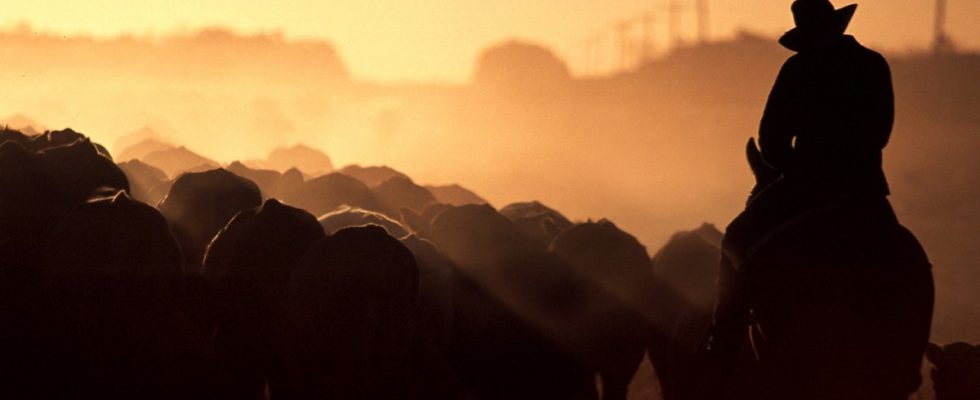When they boarded the plane to Japan, the EU representatives were still optimistic. On the sidelines of the G-7 ministerial meeting in Osaka, it was hoped in Brussels that a breakthrough could still be achieved in the difficult negotiations over a free trade agreement with Australia. So a ten-person delegation flew to the Far East, including EU Trade Commissioner Valdis Dombrovskis and his colleague responsible for agriculture, Janusz Wojciechowski. Instead of the planned talks at ministerial level, there was a rejection: After a conversation with Dombrovskis, Australia’s Trade Minister Don Farrell publicly stated: “We have made no progress.”
This means that the negotiations have broken down for the second time in just a few months – and at least for the time being the whole agreement. The prospect of an agreement before the European elections next year and the subsequent elections in Australia is probably gone. “We are very disappointed, not to say completely shocked,” said an EU official. After discussions at working level last week, we were actually convinced that we now had a good basis. “We actually managed to reduce the contentious issues to a few politically relevant points.” But this apparently didn’t go far enough for the Australian representatives.
As in all EU trade agreements, the focus is on agriculture. Australia is demanding better market access, particularly for beef and lamb, as well as sugar and wine, some of its key agricultural exports. The country has no understanding of the fact that it is not allowed to sell cheese called Feta or Parmigiano in the EU and that it is not allowed to call its sparkling wine Prosecco. The protected geographical indications of origin are sacred to the EU states, which is often difficult to explain in other regions of the world.
Agreements around the world are actually intended to mitigate dependence on China
Australian business groups, farmers and the center-right opposition parties expressed relief at the breakdown of talks. The Australian Chamber of Commerce and Industry said it “agreed” with the government’s decision. The farmers’ association said the free trade agreement would have disadvantaged the country’s agriculture. Australia’s agriculture minister described the EU market as “very protectionist” – and Brussels had not moved far enough.
Commission Vice-President Dombrovskis, on the other hand, was disappointed. “We had offered Australia economically meaningful access to the agricultural market,” he said. According to information from EU circles, the Australian delegation has now suddenly returned to the negotiation status from December 2022. “They have formulated their maximum demands as red lines,” said an official. “When trade negotiations are all or nothing, nothing usually comes of it in the end.”
This is a serious blow to the EU’s strategic plans. In order to become more independent of one-sided imports from abroad, for example from China, Europe is relying on trade agreements, among other things. At the end of last week, the EU heads of state and government called for faster progress on the matter at the summit in Brussels. The summit statement said it underlined the need to “reduce key critical dependencies and diversify supply chains through strategic partnerships.”
Among other things, Australia has the world’s second largest reserves of cobalt and lithium. The planned trade agreement also aimed to increase the previously manageable imports of these raw materials into the EU. But nothing will come of this without further concessions in the agricultural sector. “Negotiations will continue,” said Farrell at least. And in Brussels they also say: “Our door remains open.”

